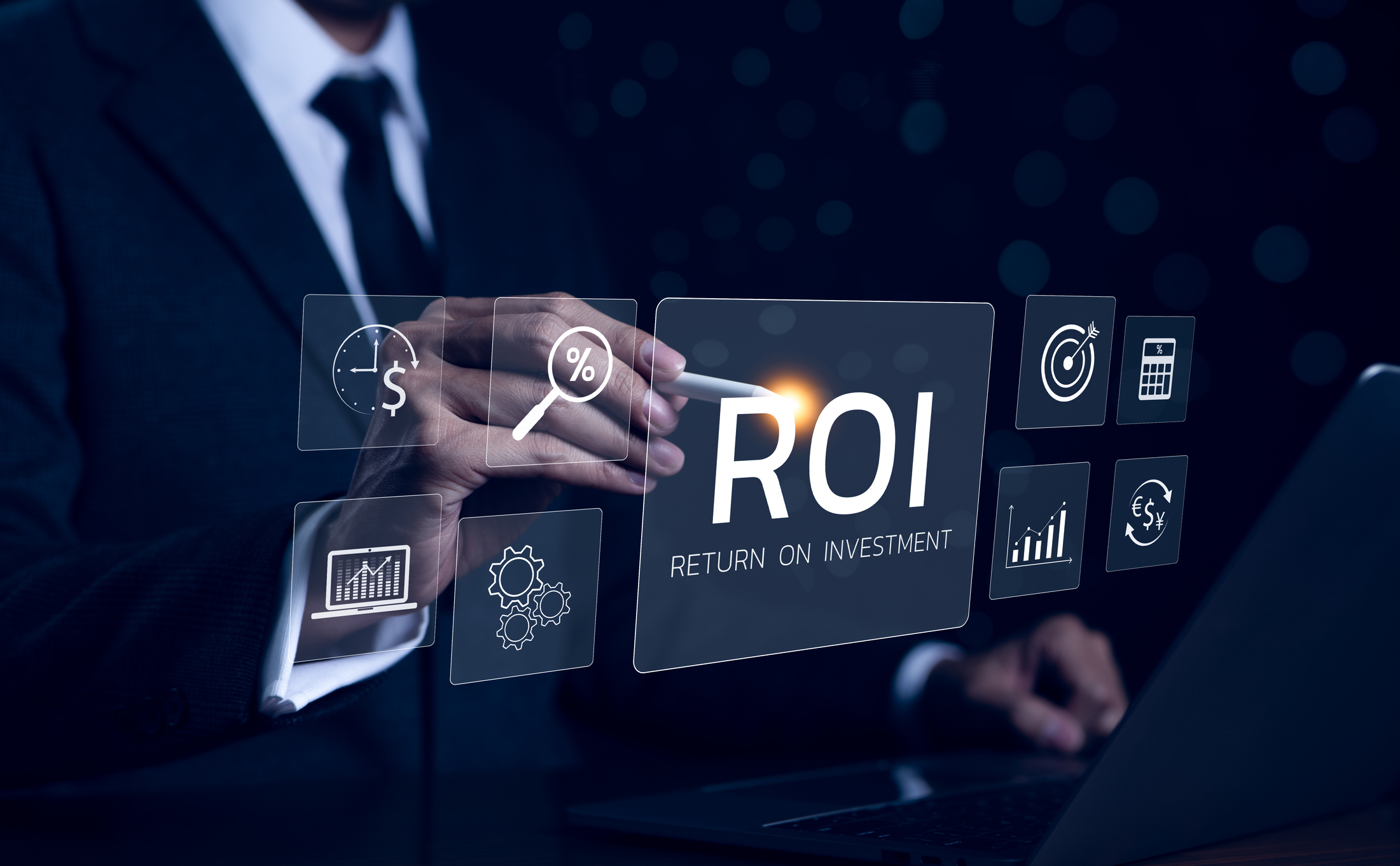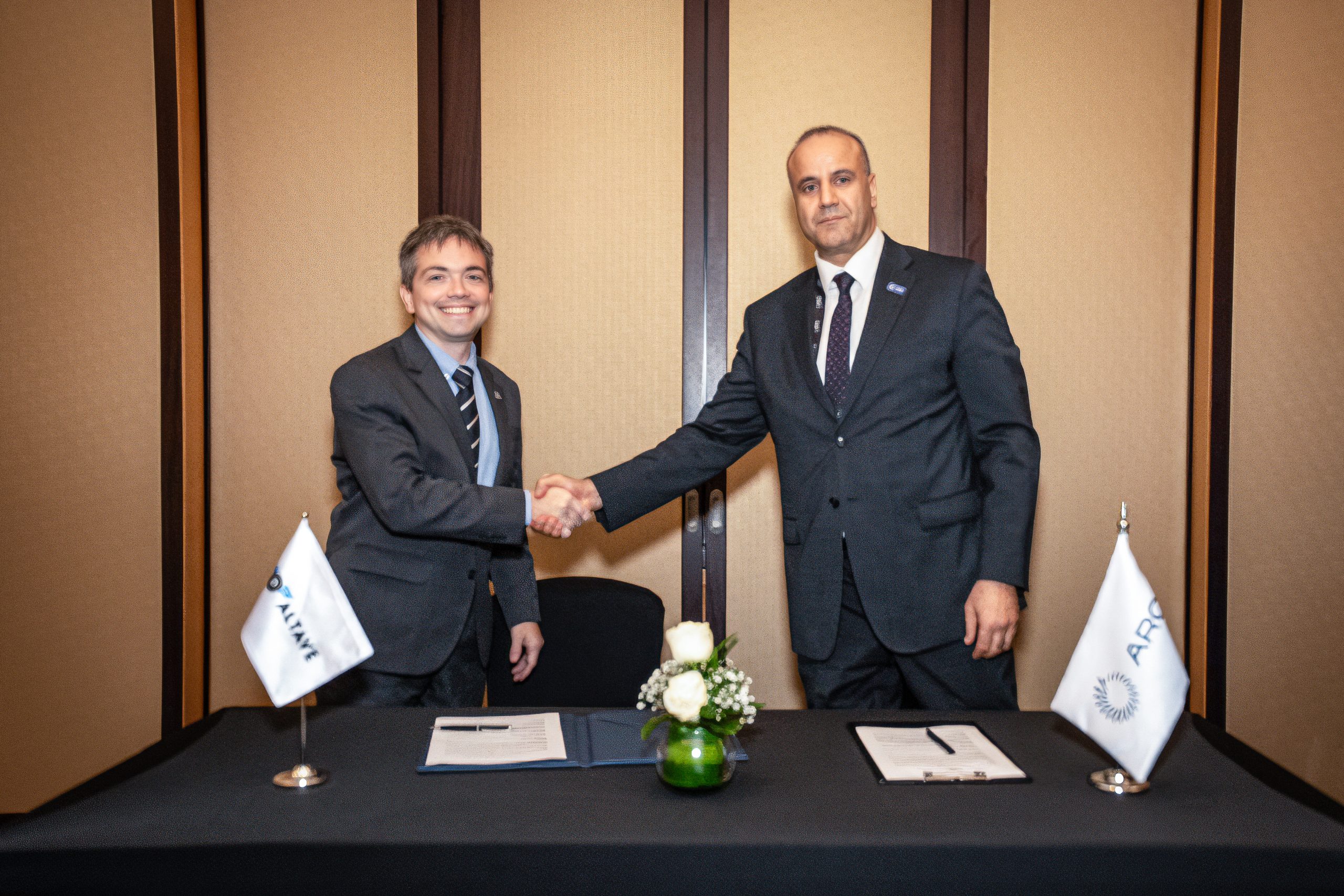Intelligent monitoring solutions have been gaining ground in sectors where safety, accuracy and operational continuity are essential. However, technology alone does not guarantee results. The effectiveness of a system also includes proper implementation, teams trained to interpret the data and technical support that responds quickly in critical moments.
In this article, we explore how service and technical support act as pillars of day-to-day operations, and are crucial to maintaining the performance, reliability and efficiency of smart monitoring solutions over time.
How implementation directly impacts system effectiveness
The implementation phase of smart monitoring is decisive for its performance. Even before installation, it is necessary to carry out an in-depth technical analysis of the environment: topography, lighting, operational dynamics, access routes, critical areas and possible physical barriers need to be mapped accurately.
Based on this diagnosis, the most appropriate type of equipment and its arrangement in the space are defined, considering viewing angles, range and overlapping coverage. The configuration of the devices must also respect the variables of the real scenario, ensuring that the sensitivity of the alerts and the analysis parameters are aligned with the operational routine.
Training as a condition for safer operations
Operating a monitoring system requires ongoing monitoring, analysis, and response processes. Professionals responsible for alerts and reports need to understand how the technology works, recognize patterns, and respond appropriately to flagged events.
Technical training is essential to ensure that the team knows how to interpret data and use available resources assertively, from understanding camera positioning to using platforms that apply artificial intelligence to analyze monitored scenarios.
In the case of ALTAVE, for example, the intelligent monitoring solution
is based on ALTAVE HARPIA, a proprietary software that allows you to configure personalized alerts, access real-time dashboards and generate automated reports.
To ensure that these resources are used to their full potential, the company offers training to operators and supervisors, always taking into account the application environment and the profile of the teams involved. This training contributes to safer operations, with greater situational awareness of risks.
Criteria that define reliable technical support
The continuity and effectiveness of a monitoring system depend directly on the support structure that accompanies it. More than resolving technical failures, support must be prepared to act preventively, adjusting configurations, performing updates and guiding operations whenever necessary.
Some criteria are essential to characterize reliable technical support: 24-hour availability, ability to remotely update systems, response time defined by SLA and direct access to technical experts. When support is provided by outsourced or generic teams, many of these actions become slow or imprecise, impacting operational performance.
At ALTAVE, for example, support is provided in direct contact with specialized professionals, which ensures greater technical precision in guidance and greater alignment with the client's security protocols. This type of structure not only solves problems, but actively contributes to maintaining the culture of security and efficiency in monitored operations.
Maintenance as part of a continuous improvement cycle
Maintenance should not be treated as a one-off corrective action, but as part of a continuous improvement cycle. Periodic technical reviews, sensor calibration, adjustments to detection parameters and system updates are practices that keep monitoring aligned with the real context of the operation.
In addition to ensuring that technology adheres to environmental changes, this type of maintenance also contributes to reducing failures, improving the quality of alerts and extending the useful life of the equipment used.
Conclusion
The effectiveness of an intelligent monitoring system is linked to its implementation, proper use and ongoing maintenance. Separating technology from service ignores essential steps that ensure operation, reliability of alerts and adaptation to changes in the operational environment.
Technical implementation, team training, specialized support and recurring maintenance form a single structure. Together, these fronts sustain the system's performance and strengthen the safety of the operation. Treating these steps as an inseparable part of the solution is a sign of operational maturity and alignment with the highest performance standards.
About ALTAVE
ALTAVE is a Brazilian company headquartered in São José dos Campos (SP), specialized in intelligent monitoring solutions with computer vision. Its solutions support critical operations through advanced AI, transforming data into intelligence for strategic decision-making.
With real-time monitoring, intuitive dashboards and 24/7 support, ALTAVE contributes to operational safety and the protection of lives and essential resources. The company has patented technologies in Brazil and abroad, and is present around the world, serving sectors such as Defense and Security, Energy, Mining, Ports, Agribusiness and Oil and Gas.
Recognized for its strategic relevance, ALTAVE is accredited as a Strategic Defense Company by the Brazilian Ministry of Defense and a supplier to Petrobras.
Let's have a chat?
Contact us and learn more about how our solution can help your company.





